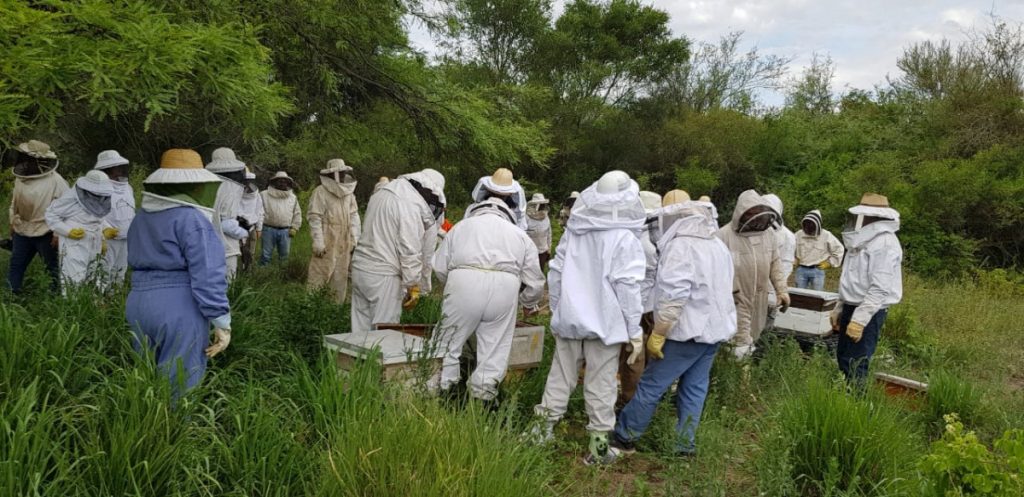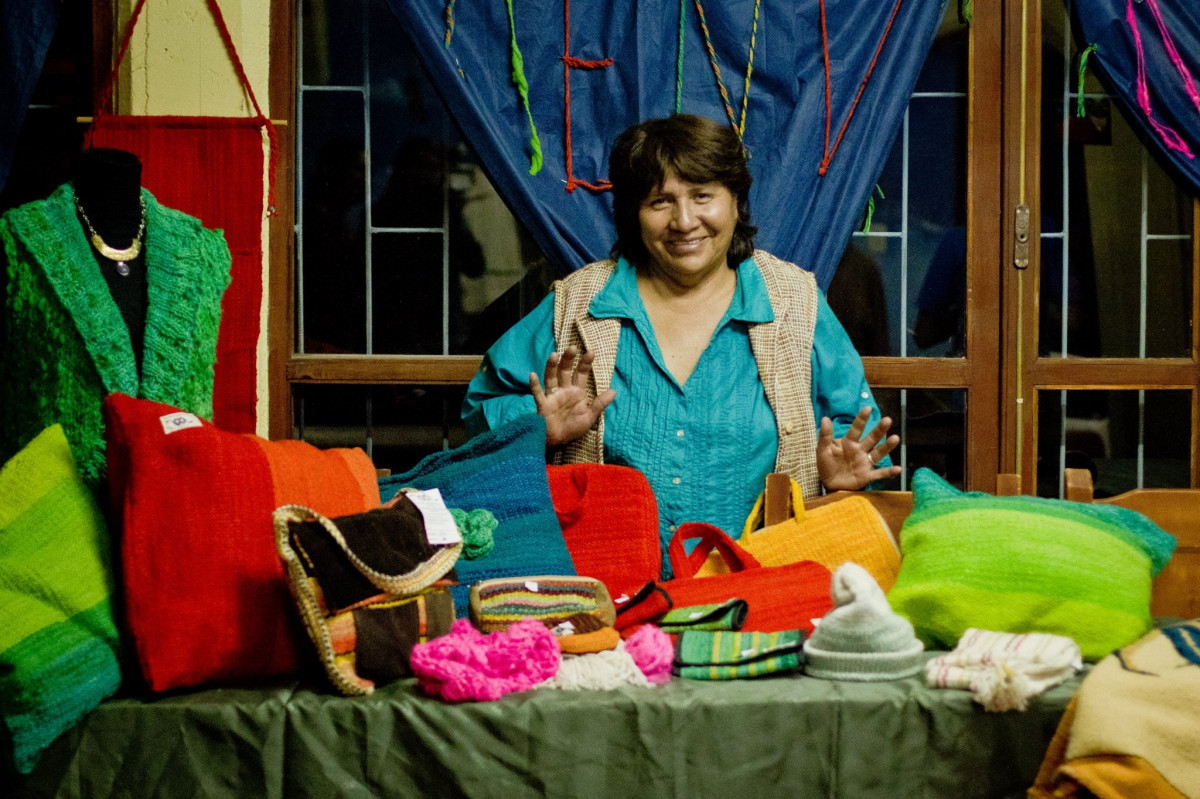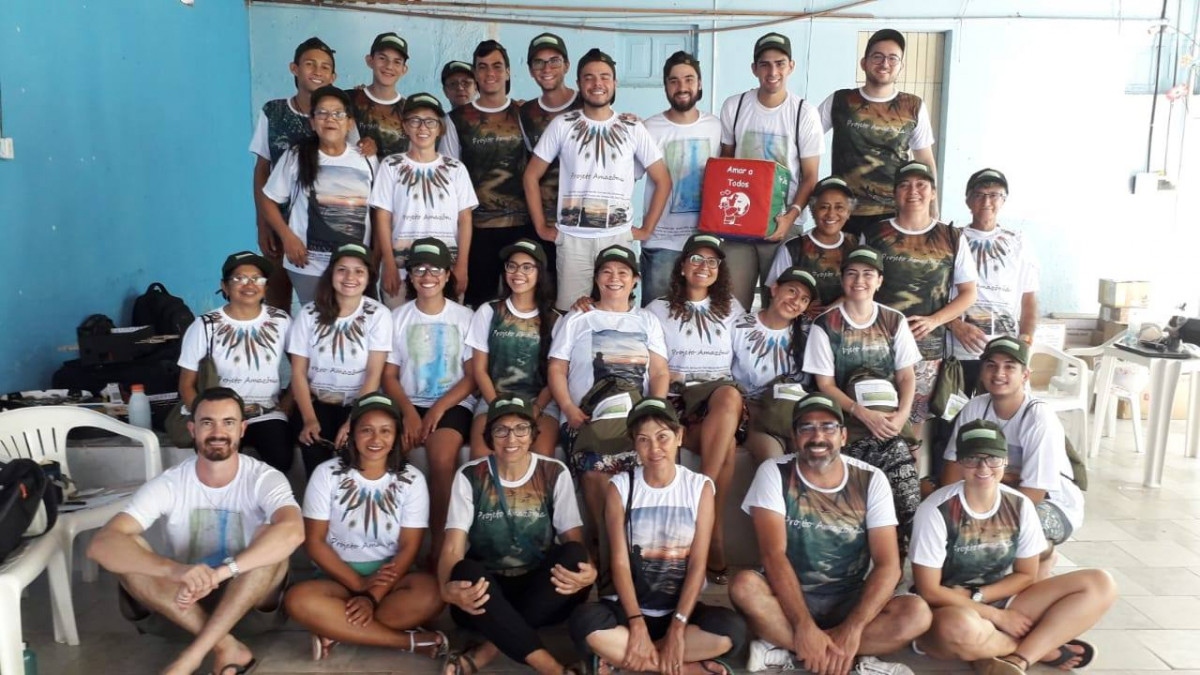
Workshop
Working like the bees: together and sustainably
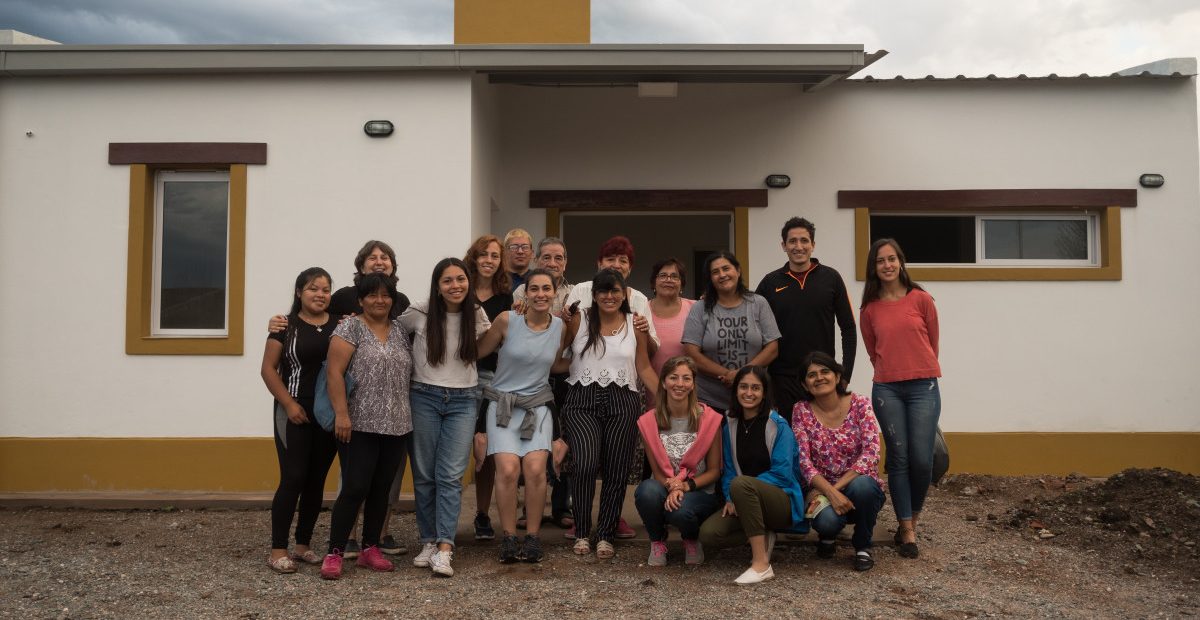
This year, in the fifth “Holidays with a difference” at El Espinal, Argentina, a group of “sustainable tourists” visited a new honey extraction and filter unit created in collaboration with an association of local women, working to boost artisan honey production among indigenous communities.
This year was the 5th edition of “Vacaciones diferentes” in El Espinal, a place located in the province of Salta, in the northwest of Argentina. Since 2016, different Argentinean youth – mainly – are part of this initiative organized by the Focolare Movement of Salta. In El Espinal is one of the seven groups of farmers of Sustainable Tourism in Northwest Argentina (TSNOA): based in the north east of the country, aimed at promoting the human and social development of indigenous and rural communities in the area, through valuing their cultural traditions and activities.
In this edition, Mr. Agustín Cabezas, NOA Sustainable Tourism Coordinator, put the organizers of the vacation in contact with the Women’s Association of El Espinal, so that they could visit the brand new room for the extraction and fractionation of honey, which is part of the program “Desarrollo Apícola en la Comunidad El Espinal” (“Beekeeping Development in the Community of El Espinal”). The Women’s Association of El Espinal is an association that brings together 37 members (women and men) who are local producers: artisans, people who work in tourism activities and beekeepers, among others.
Promotion of local activities
Honey production is one of the main traditional home-based occupations for many residents of this area. The TSNOA project promoted the construction of a “honey house” for the extraction and filtering processes, to improve the efficiency and professional standards of production and so facilitate a long-standing objective: to export their own honey. Up to now, the honey has only been sold locally mainly to tourists and visitors to the area.
Agustín Cabezas, Coordinator of NOA Sustainable Tourism, explained how the project was financed. “We worked together closely with the Secretariat for Agricultural Affairs in the Province of Salta, to draw up the project for this honey house. In 2018, after a lot of work and overcoming many difficulties, we were able to present it to the national Ministry of Food and Agriculture. And it was selected to receive government support”.
In August 2019, with the finance in place, work could begin. The location needed to be supplied with mechanized equipment as well as beehives and fruit plants to nourish the bees.
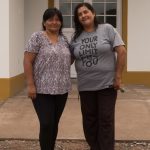 At that time, Magdalena Zerpa, president of the El Espinal Women’s Association spoke out in the local media: “we are mothers, wives, sisters and business women. Many years ago we dreamed of a cooperative which could be independent and work with dignity. Today we’re happy to see our dream become a reality. This fills us with joy and motivates us to double our work”.
At that time, Magdalena Zerpa, president of the El Espinal Women’s Association spoke out in the local media: “we are mothers, wives, sisters and business women. Many years ago we dreamed of a cooperative which could be independent and work with dignity. Today we’re happy to see our dream become a reality. This fills us with joy and motivates us to double our work”.
High but sustainable goals
Agustín Cabezas continues, “This project aims to increase the amount of kilos of honey produced each year. The new honey house makes it possible to certify the honey. The extraction and filtering process here is all carried out in accordance with codes of hygiene as indicated by bromotology (Editors note: Food Science, the study of food to establish composition, authenticity, state of freshness, as well as identifying food poisening and adulteration). In this case the honey will be certified so it can be sold for a variety of use and even for export”.
The honey house was completed in December 2019. The local beekeepers are now being trained to use it, supported by the National Institute of Agricultural Technology (INTA), who have supplied a specialist technical trainer in apiculture.
“Everything is going ahead, step by step,” explained Agustin Cabezas enthusiastically. “It’s a very ambitious program so it will take time to reach our goal of exporting this honey, but now we are well on the way.”
